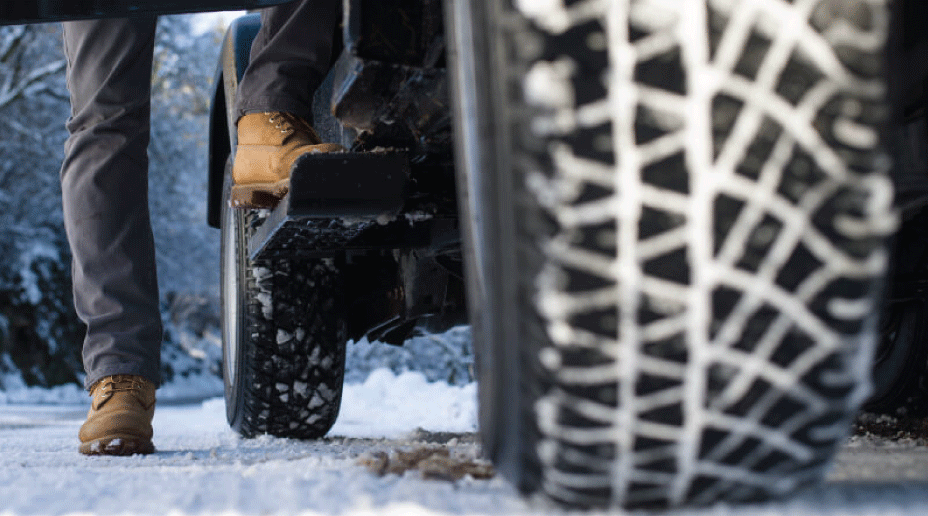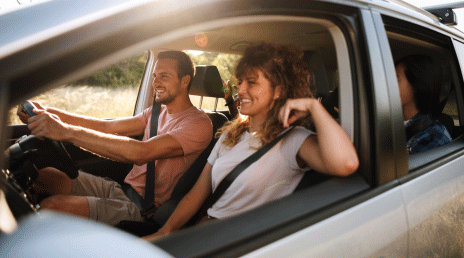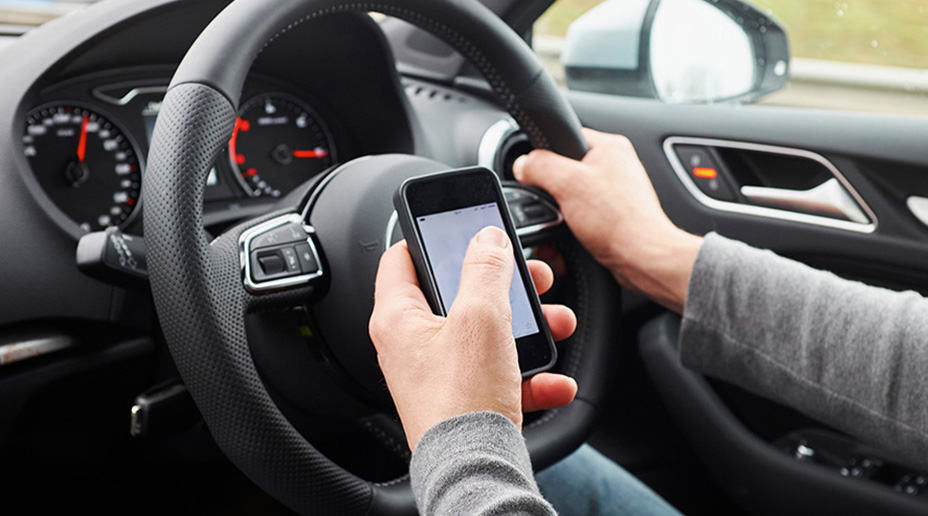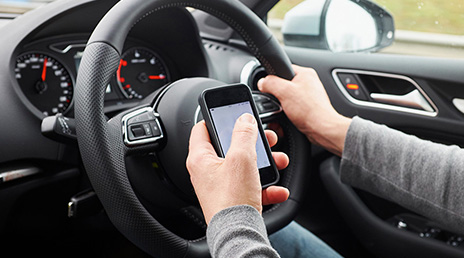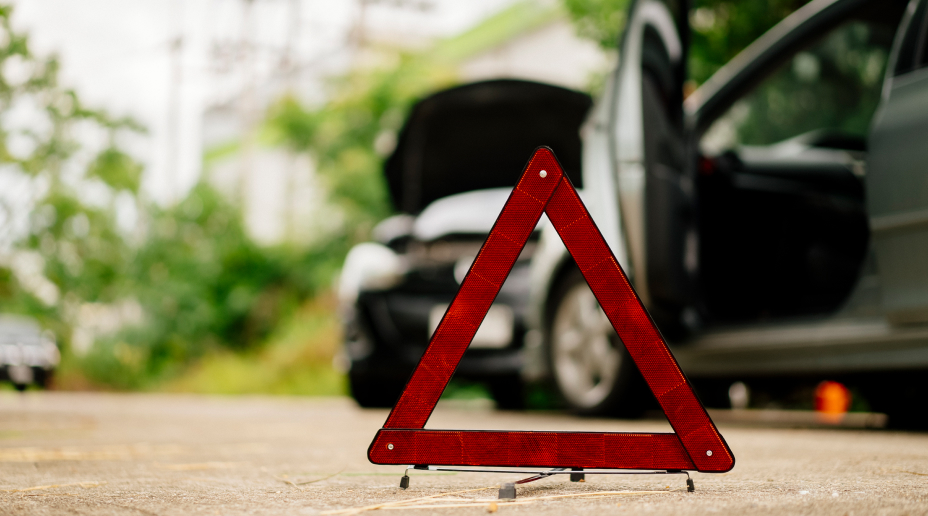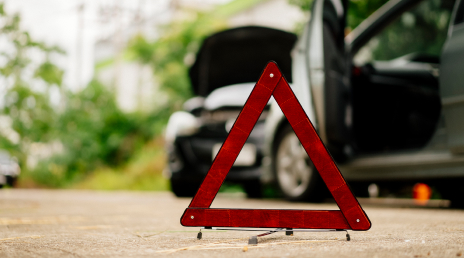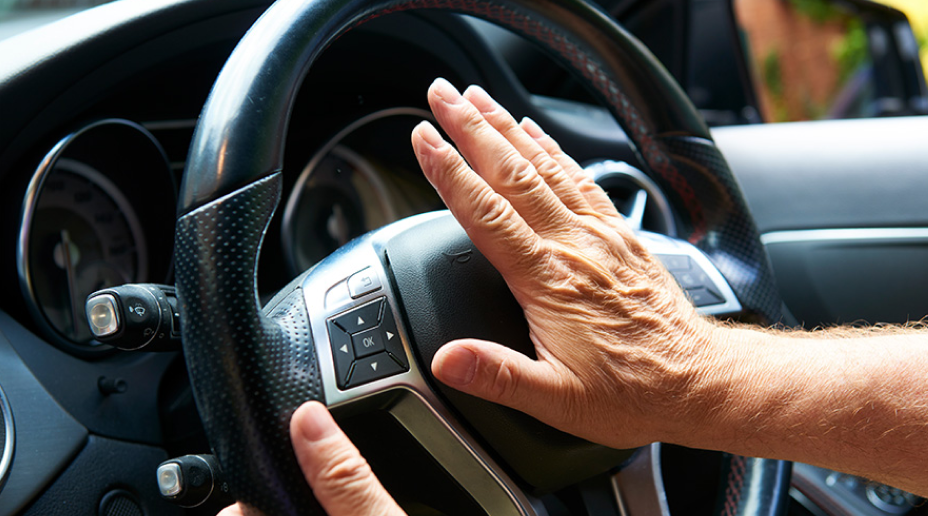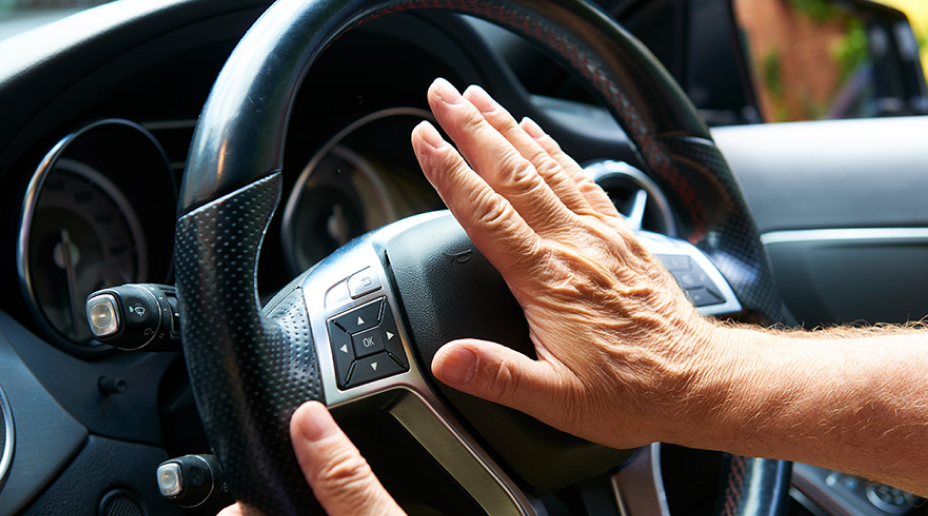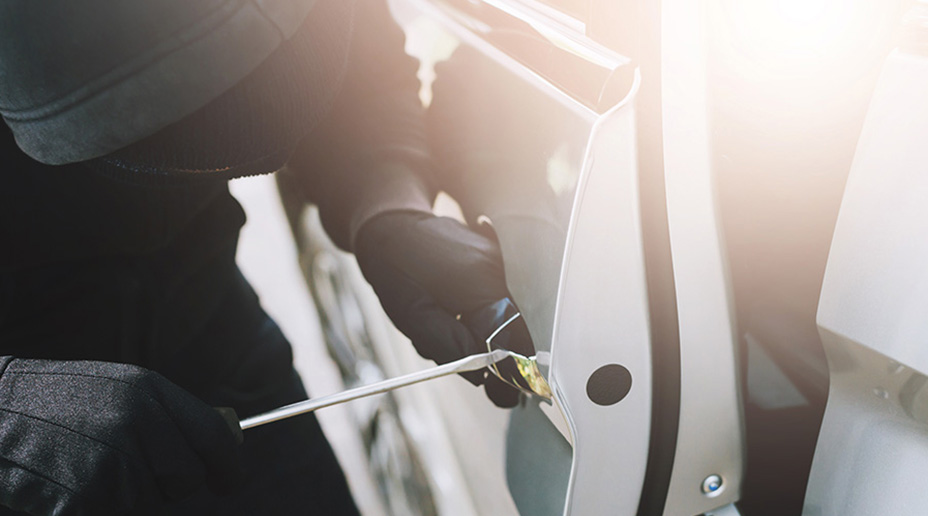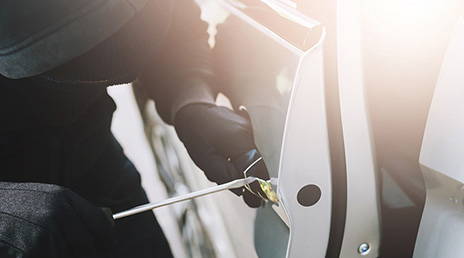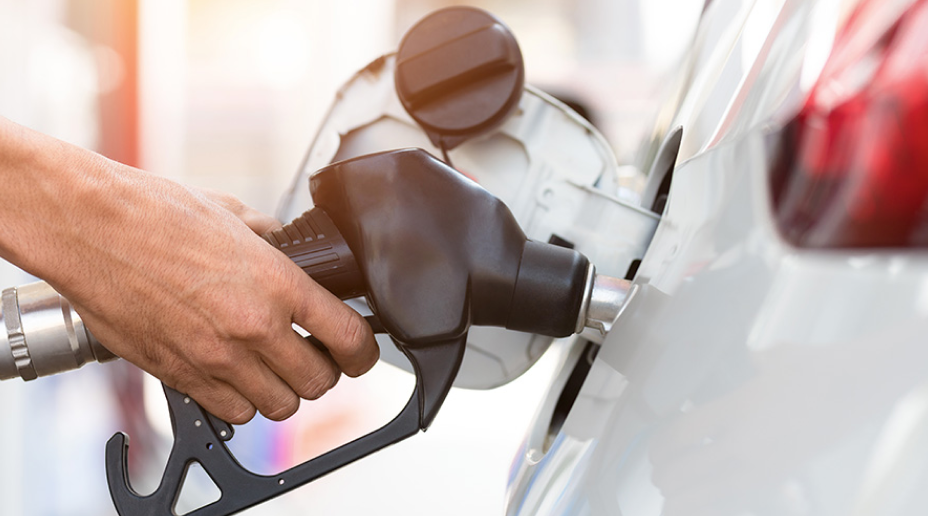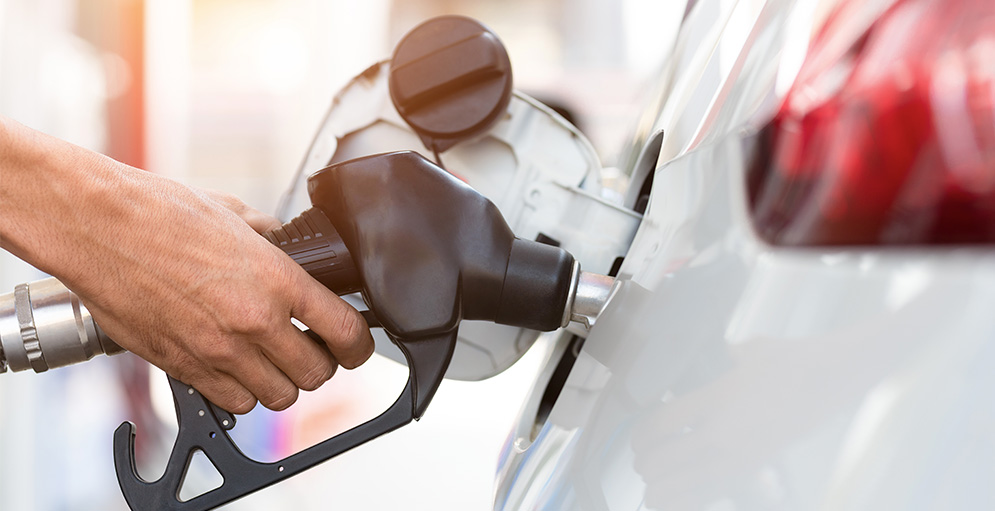Speed cameras, speeding fines and awareness courses
From penalty points to awareness courses (and all the fines in between), let’s take a look at what happens if you’re caught speeding…
What is speeding?
In driving terms, speeding literally means driving faster than the speed limit. There’s no ‘leeway’ of any kind either, so whether you’re going 3mph or 30mph over the speed limit, both are considered speeding. Based on that, it’ll come as no surprise that speeding is the most common reason for points on licence.
If you ignore your speeding fine, or you plead not guilty, you could end up in court which may lead to a fine based on a percentage of your weekly income up to £1,000 or £2,500 if you were caught speeding on the motorway.
How do speeding cameras work?
Roadside speed cameras capture how fast a vehicle’s going using detectors in the road or radar technology. The cameras will record the time and date, the speed you’re travelling and the speed limit on the road. Plus, of course, they’ll take a photo to note the vehicle make, model, colour and registration plate. Some cameras will even get a clear image of the driver.
Mobile speed cameras usually refer to a van equipped with speed camera technology. You’ve probably seen them used by the police on the side of a busy road, maybe close to an accident hotspot. These mobile speed camera units might use a mini Gatso speed camera, laser gun or a hand-held radar gun and can catch speeding drivers from 1km away. They can even be used to spot motorists not wearing a seatbelt or someone using a mobile phone while driving.
Something else to be aware of is AI technology being trialled in the UK – the new Acusensus mobile phone and seatbelt camera – which aim to help police change poor driving behaviours (like mobile phone usage or not wearing seatbelts) and improve road safety.
What happens if you’re caught speeding?
If you’re caught speeding, you’ll be sent a Notice of Intended Prosecution (NIP) and a section 172 notice within 14 days. You’ll need to return the section 172 notice to let the police know who was driving the car in question.
Once you’ve sent this back, you’ll receive a Fixed Penalty Notice (FPN) asking you to plead guilty or not guilty, or a letter telling you to go to court.
If you plead guilty, you’ll have to pay a minimum fine of £100 and will receive three points on your licence. You may be given the option to attend a speed awareness course to avoid points on your licence and your fine, but this will depend on the circumstances.
If you plead not guilty, you’ll need to go to court.
So, in a nutshell, you could get points on your licence, receive a fine, be sent to a speed awareness course - or in some cases - receive a total driving ban. Plus, you’ll usually need to make your insurer aware of any motoring convictions, meaning your insurance premiums could go up in price.

What’s the fine for speeding?
How many points do you get for speeding?
How long do points on your licence last?
What is a speed awareness course?

A National Speed Awareness Course (NSAC) might be offered to you instead of the fine and any penalty points on your licence, but this is at the polices’ discretion.
The course takes around four hours and is usually made up of roughly 20 people. There’s no test as such, but you’ll be taught how to identify speed limits, the dangers of speeding, the benefits of following the speed limit, the impact of your behaviour and how to avoid speeding again.
If you don’t turn up for the classes, or if you fail to complete the course within the time period set out by the police, you may lose your right to take the course and will instead be sent back to the police for further action.
How much does a speed awareness course cost?
How many speed awareness courses can you do?
Do I need to tell my insurer if I’ve been caught speeding?
In a word, yes. Insurers need to know the driving history of their customers. If you don’t tell your insurer about points on your licence or any driving bans, you risk having your claims refused or policy voided – meaning you’ll be treated as an uninsured driver in the case of a road incident.
All in all, speeding can cost you money, your licence or even your life.
So… stick to the speed limit.

